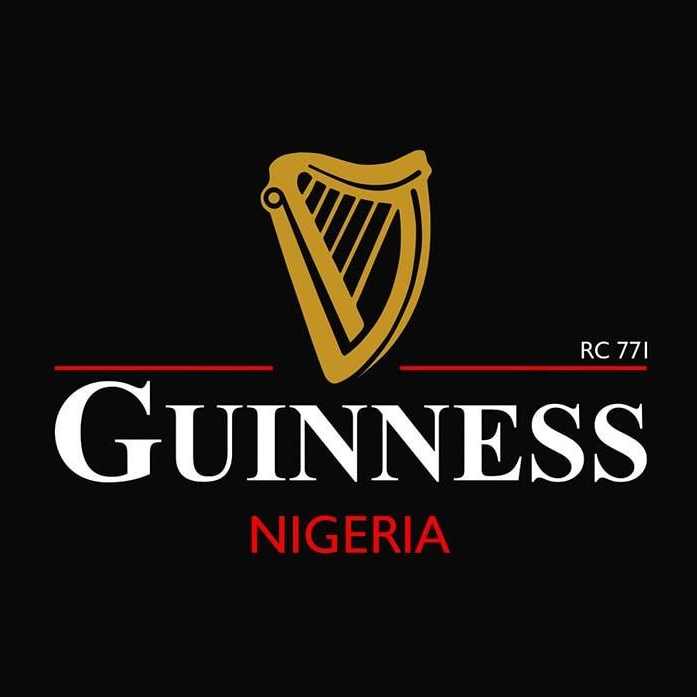In an effort to speed up the prosecution of failing institutions, the Nigeria Deposit Insurance Corporation (NDIC) announced on Monday that it has improved its working relationships with the legal system.
It further stated that as a result, long-standing cases have been resolved and 100% liquidation dividends have been declared for uninsured depositors of more than 20 closed banks.
During the ongoing Abuja International Trade Fair, Bello Hassan, the Managing Director/Chief Executive of the NDIC, made these remarks at the Corporation’s special day.
Hassan continued, “To improve debt recovery and enhance its liquidation activities, the NDIC has used Alternative Dispute Resolution mechanisms.”
He said the NDIC is committed to safeguarding Nigerians’ bank deposits from the devastating impact of bank failures, adding that in collaboration with the Central Bank of Nigeria, the Corporation has worked tirelessly to ensure the stability of the banking sector, maintain compliance to banking regulations and ensure effective oversight of insured deposit-taking financial institutions.
He said, “The importance of deposit insurance cannot be overstated in a financial system where confidence is essential. It acts as a safety net that reassures depositors, builds trust in the banking system, and helps to prevent bank runs during periods of uncertainty.
“Over the years, the NDIC has been instrumental in promoting stability by ensuring that when banks fail, depositors are promptly compensated.
“The recent closure of Heritage Bank, following the Central Bank of Nigeria’s revocation of its operating licence on June 3, 2024, underscores the crucial role of the NDIC in protecting depositors.
“In line with the provisions of the Banks and Other Financial Institutions Act (BOFIA) 2020 and the NDIC Act 2023, the NDIC was appointed liquidator to oversee the resolution of the bank and the payment of its depositors.”
Speaking on the NDIC intervention in Heritage Bank, he said the Corporation had commenced payments to depositors within four days of Heritage Bank’s closure.
He added, “Significant progress has been made in protecting depositors’ funds, with the recent increase in maximum deposit insurance coverage providing enhanced protection across various financial institutions.
“This increase ensures that 98.98 per cent of total depositors in Deposit Money Banks, 99.27 per cent in Microfinance Banks, 99.34 per cent in Primary Mortgage Banks, and 99.99 per cent in Payment Service Banks (PSBs) are covered, reinforcing NDIC’s commitment to fulfilling its mandate.
“While our immediate focus remains on insured deposits, the NDIC is also committed to ensuring that depositors with balances exceeding N5 million are compensated. These larger, uninsured deposits represent a significant portion of the total deposits in Heritage Bank.”
Hassan noted that the Corporation has already initiated the process of realising the bank’s assets and recovering debts to ensure the timely payment of the uninsured depositors through liquidation dividends.
“Furthermore, the NDIC’s responsibilities extend to the creditors of the defunct bank, who will receive payments once all depositors have been reimbursed. This orderly process, based on asset realisation and prioritisation of claims, is essential in maintaining public confidence in the financial system and promoting stability.
“Additionally, the Corporation has strengthened its collaboration with the judiciary to expedite the prosecution of failed institutions. This has resulted in the resolution of long-standing cases and the declaration of 100 per cent liquidation dividends to uninsured depositors of over 20 closed banks.”




